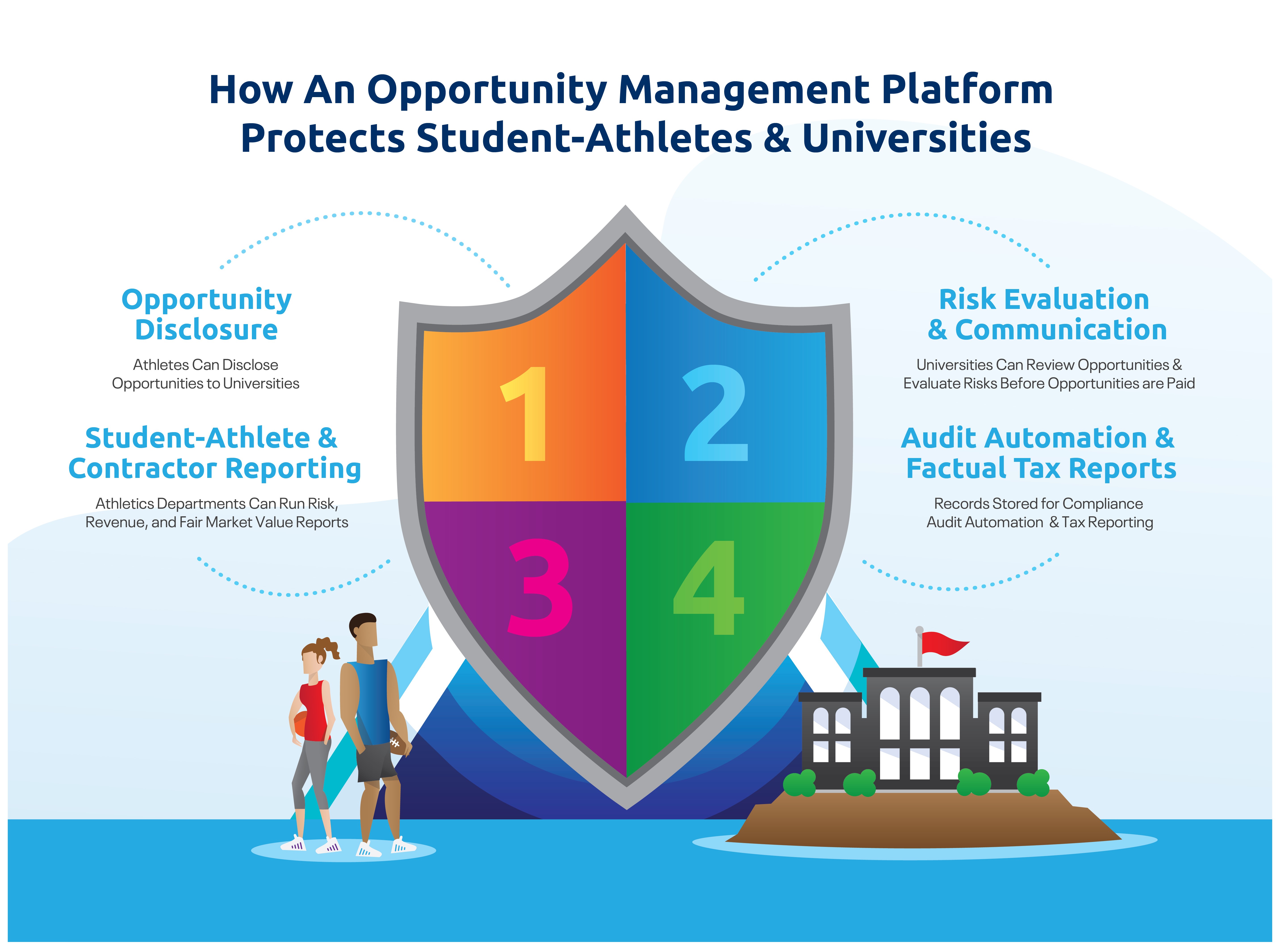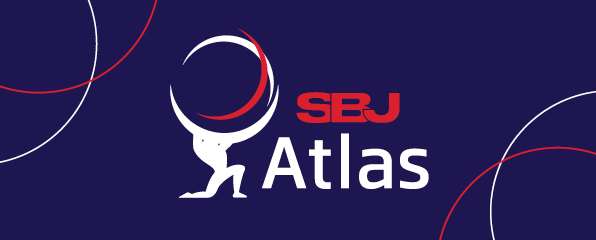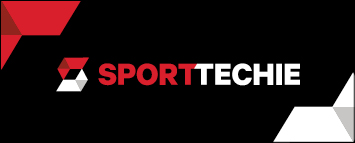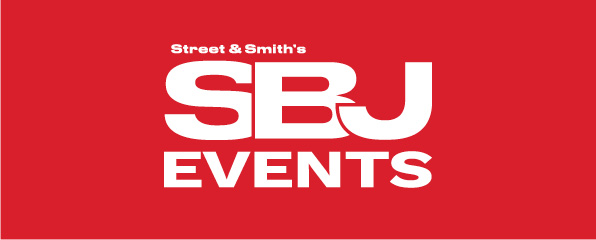Compliance Pitfalls and Trends to Watch as NCAA Readies NIL Legislation
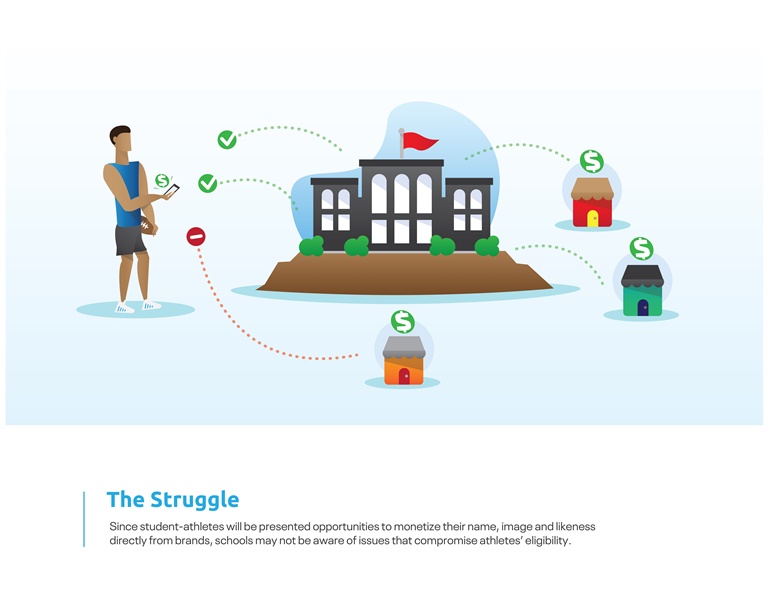
The business of collegiate sports is on the precipice of profound change.
At its meetings June 22-23,2021, the NCAA Division I Council is expected to enact legislation that will allow student athletes to make money as endorsers and social media influencers, a move that will necessitate changes in how college athletic departments operate.
The NCAA has been prompted to pass its own regulations governing “name, image and likeness” (NIL) by July 1, the date on which several state laws go into effect. Athletes who attend schools in Alabama, Florida, Georgia, Mississippi and New Mexico will be allowed to sign marketing deals as of this date, and a total of 41 states have taken at least some steps toward legislation.
“The NCAA’s main mission is competitive balance, making sure schools are on the same playing field, so they cannot have six or eight or 10 states start while the other 40 are left behind,” said Peter Schoenthal, CEO of Athliance, a company whose software ensures student athletes are in compliance with NIL regulation. “That goes against their mission. That's going to create chaos. Their only option would be then to sue those states in federal court, file an injunction, stopping them from doing name, image and likeness.”
Battling through the courts is not a path the organization likely wants to walk.
“If you look at what the rational decision would be, if you look at what would be the nonlitigious way for the NCAA to go forward and protect the NCAA, it would be to start July 1,” Schoenthal said.
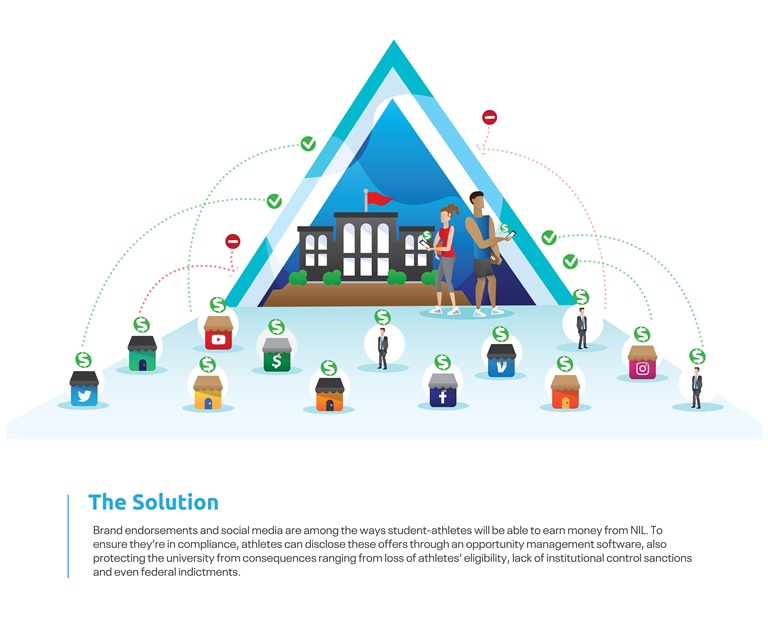
Compliance pitfalls
While much of the focus in the run up to NIL has been on marketing and recruiting, student athletes violating NIL rules is of major concern for schools. Noncompliance could result in loss of athletes’ eligibility, lack of institutional control sanctions and even federal indictments.
Under state law and the NCAA’s proposed legislation, universities will not be allowed to present marketing opportunities to student athletes, nor will they be able to negotiate deals on behalf of athletes. Their responsibility for their eligibility, of course, remains.
“[Schools] need a software where the student athlete can submit the opportunity to get an eligibility determination, so they don't make a mistake,” Schoenthal said. “These kids are not going to know the law inside and out. Schools will have a better opportunity to decipher the law and they need to be able to help their athlete, but their hands have been tied through the legislation. If they can't bring the opportunities and they can't negotiate for the players, how are they going to know what their athletes are doing before it's too late, i.e., money exchanging hands?”
Examples of noncompliance include a student athlete signing a deal to endorse a company affiliated with a booster, a brand using a university’s trademarked logo in an ad or social media post, and endorsement of a vice brand, such as one in alcohol, marijuana or gambling.
As a youth football coach and criminal defense attorney, Schoenthal recognized the need to help protect student athletes in the age of NIL. As he reached out to universities, he heard a common theme.
“They [schools] said, ‘Everyone's focused on marketing and branding, but what we're worried about is how are we going to protect our student athletes? How are we going to know what our athletes are entering into before it's too late?’” Schoenthal said. “We realized there was a need in this space. Marketing is cool and branding is cool, but none of that matters if your kids aren't eligible.”
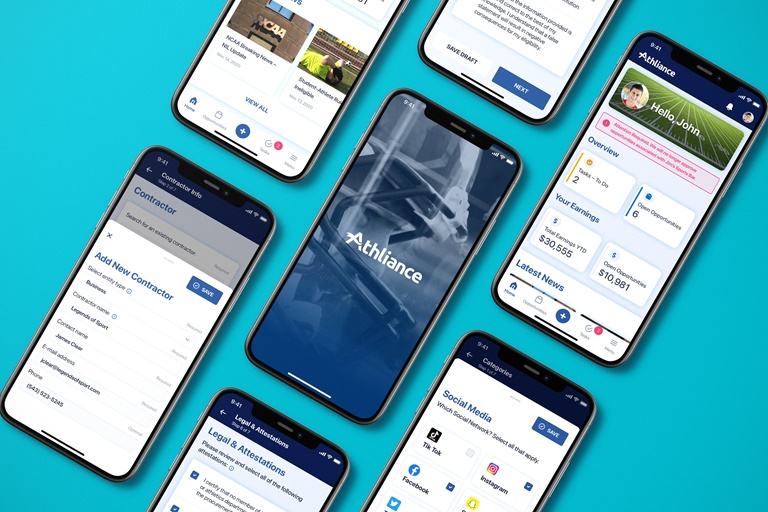
In February, Athliance began working with five partner universities in a pilot program – Arizona, Boston College, Georgetown, Kansas and Pittsburgh. Compliance officers from those schools met with Schoenthal and his team every other week and provided feedback on the product.
“We have developed a compliance software built by compliance experts,” Schoenthal explained. “Those experts are our board and helped us develop this program. They tell us what they need, what they like and don't like, how they want it to work, and we build it for them.”
Trends to watch
There’s no doubt NIL will create seismic shifts in college sports, and while that evolution is difficult to predict, here are three trends to watch.
1. Education. As part of its suite of services, Athliance offers NIL education to student athletes, informing them about tax liability, financial literacy and eligibility. As time goes on, however, universities will take on the education piece, Schoenthal believes.
“We're going to help them upfront, but I think we've realized in this past year that online learning and e-learning only work so much,” he said. “Schools, I think, are going to have credit-hour life skills courses on name, image and likeness. That's where I see the space going.”
2. Recruiting vs. transfer portal. At the onset of NIL, coaches will use marketing potential as a recruiting tool. Schoenthal envisions the recruiting pitch eventually shifting back to “we can get you to the pros” and “you can win titles here,” while NIL will be emphasized in the transfer portal.
“Name, image and likeness, and the analytics and what kids are making at certain schools, will be used in enticing student athletes in the portal and from keeping kids from entering the portal. I think it will be used less as it pertains to recruiting,” he said. “Once kids are in school and their lives start to play out, NIL is going to be a big factor in who enters and who doesn’t enter into the portal.”
Schoenthal also believes that universities will serve themselves well by bringing on general managers to help athletic directors and coaches navigate this complex new landscape.
3. Opportunities for all. As all move toward NIL, much of the attention will be on football, basketball and major national brands poised to sign student athletes in these sports. According to Schoenthal, however, student-athletes competing in nonrevenue sports will see their share of opportunities, too.
“Those bigger deals are the easy ones. Those companies have their big legal teams. Those kids won't be at issue and violate eligibility,” he said. “It's the 99% of these deals [that are of greater concern].
“If you have more than 3,000 followers on your Instagram or your TikTok or your Twitter, you can monetize off of your name, image and likeness,” Schoenthal continued. “Whether you're in Division III volleyball or you’re the starting quarterback at Clemson, you are going to have opportunities. It's going to be about whether or not you want to pursue them and making sure that you're not doing anything that violates your eligibility so you can keep playing, keep going to school and continue to profit from who you are, because the fight took 115 years to get here.”
